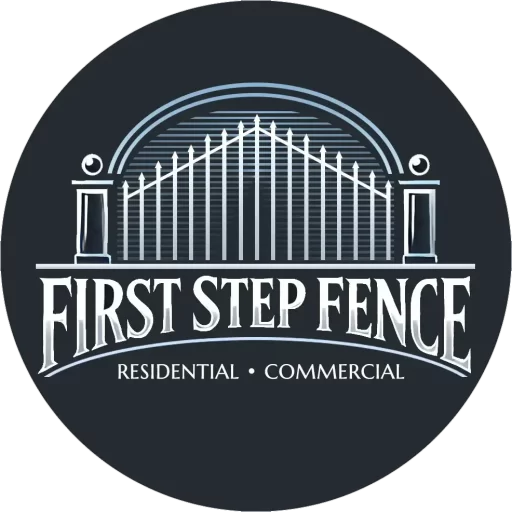Factors to Consider When Choosing the Perfect Fence
A fence can transform your property, adding security, privacy, and curb appeal. However, choosing the right fence involves more than picking a material or style. It’s about finding a solution that fits your needs, budget, and property design. This comprehensive guide will help you consider all the essential factors before making your decision.
Why Selecting the Right Fence Matters
A fence serves many purposes, from defining property lines to enhancing your outdoor space’s aesthetics. The right choice ensures your investment adds value and meets your expectations. Before you start browsing styles and materials, take a moment to consider the following critical factors.
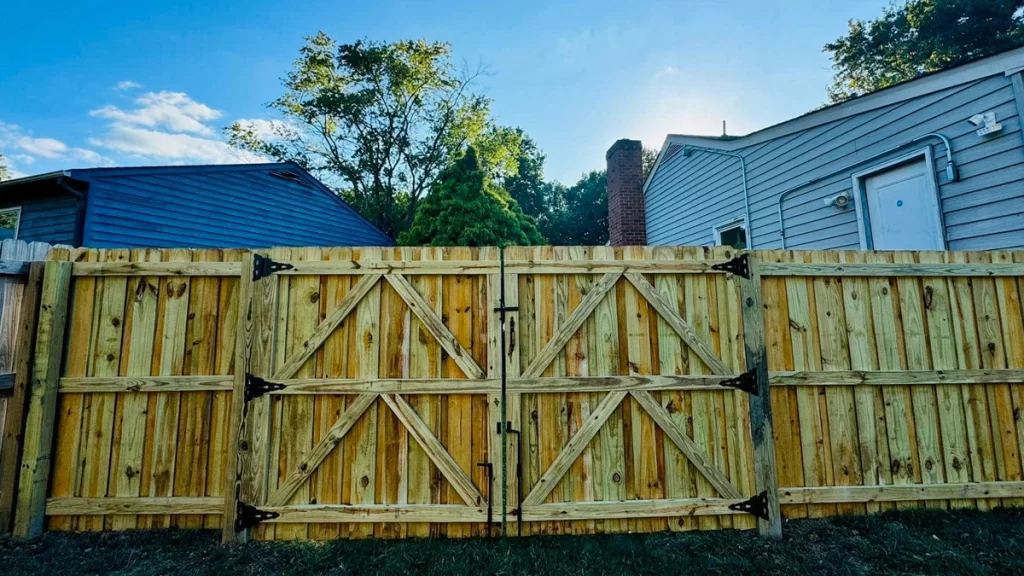
Purpose: What Do You Need Your Fence to Do?
Every homeowner has unique needs for their fence, whether it’s to ensure privacy, provide security, or enhance curb appeal. The purpose of your fence determines its design, height, and material. Clarifying why you need a fence is the first step to making an informed decision. For instance, a family with young children may prioritize safety and containment, while a homeowner near a busy road might focus on privacy and noise reduction. By clearly identifying your primary goals, you can narrow your options and select a fence that meets both functional and aesthetic requirements.
Privacy
If privacy is your priority, choose fences that block visibility. Solid wood or vinyl panels provide full coverage, creating a secluded environment. Privacy fences are ideal for backyards, pool areas, or properties near busy streets.
Security
For those who value security, look for robust materials that deter intruders. Chain link fences with added height or aluminum fences with pointed pickets offer strong protection. Security fences can be enhanced with locked gates or anti-climb designs.
Aesthetics
Sometimes, a fence is more about enhancing your property’s visual appeal. Wood fences add natural charm, while aluminum and vinyl fences deliver sleek, modern styles. Consider decorative options like lattice tops, post caps, or ornamental patterns to boost curb appeal.
Versatility
If you have multiple goals—like securing pets, ensuring privacy, and adding visual appeal—some fencing materials, such as vinyl, can achieve a balance between functionality and aesthetics.

Budget: How Much Are You Willing to Invest?
Understanding your budget is crucial when planning a fencing project. The type of material you choose, the size of your property, and the features you include will all influence the cost. A budget helps you balance affordability with quality, ensuring you get the most value from your investment. While initial costs might guide your decision, consider long-term expenses like maintenance and repairs. For example, an inexpensive wood fence may require regular upkeep, while a pricier vinyl fence may save money over time due to its durability and low maintenance. A clear budget will help you make practical and sustainable choices.
Affordable Options
Chain link fences are highly cost-effective, making them a practical choice for large properties or temporary solutions. They offer durability and functionality without breaking the bank.
Mid-Range Solutions
Wood fences are moderately priced and offer excellent customization. However, factor in ongoing maintenance costs like staining or sealing.
Premium Choices
Vinyl and aluminum fences have higher upfront costs but require little maintenance, saving you time and money over their lifespan. They’re great for homeowners who prefer long-term value.
Additional Costs
Don’t forget to account for additional costs beyond the fence material itself, as these can significantly impact your overall budget. Installation fees will vary based on the size and complexity of your project, with larger or more intricate fences requiring more labor and time. Additionally, many municipalities require permits for fence installations, especially if the fence exceeds a certain height or is built near property lines. Obtaining these permits may involve application fees and waiting periods. Optional enhancements, such as gates, privacy slats, or decorative features like post caps or ornamental patterns, can add both functionality and aesthetic appeal but will also increase costs. Planning for these expenses in advance ensures that there are no surprises during the project and helps you create a fence that meets your practical and stylistic needs.
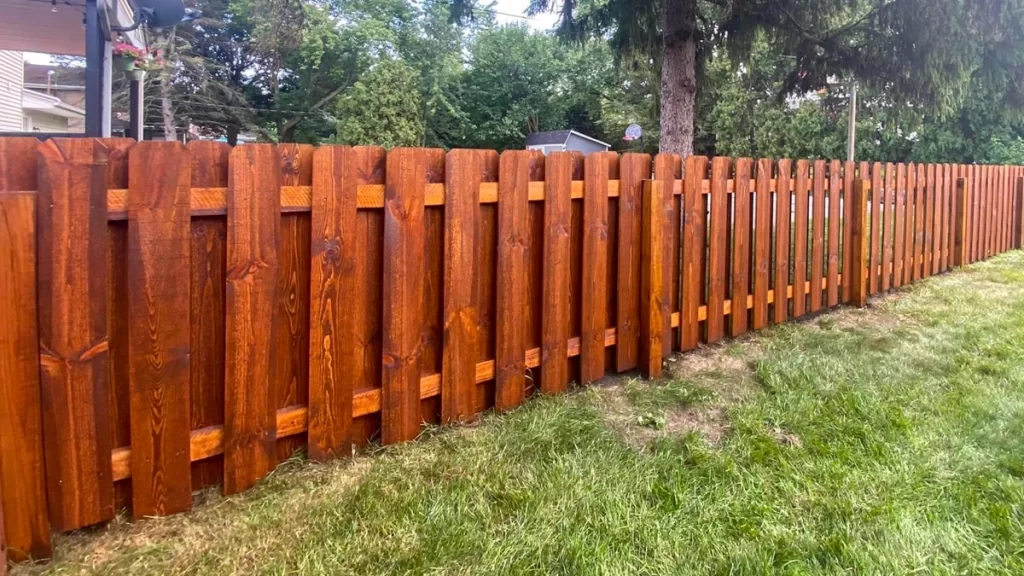
Maintenance: How Much Time Are You Willing to Dedicate?
The amount of maintenance required to keep your fence looking and functioning its best can vary widely depending on the material. Some fences, like vinyl or aluminum, demand minimal upkeep, making them ideal for busy homeowners. Others, like wood, require regular care, such as staining or sealing, to maintain their beauty and durability. Understanding how much time, effort, and resources you’re willing to dedicate to maintenance ensures that your fence remains an asset to your property. Neglecting this factor can lead to dissatisfaction or unexpected costs in the future.
Low-Maintenance Materials
Vinyl and aluminum fences are perfect for those seeking minimal upkeep. Vinyl resists fading, rot, and pests, while aluminum withstands rust and weathering with ease.
Moderate Maintenance
Chain link fences require occasional care to prevent rust, particularly in humid climates. Adding a vinyl coating can reduce maintenance needs.
High-Maintenance Fencing
Wood fences are beautiful but require regular staining, painting, or sealing to protect against weathering and pests. While they need more care, proper maintenance can extend their lifespan significantly.
Weather Considerations
The local climate should play a significant role in your choice of fencing material, as weather conditions can impact a fence’s longevity and performance. For instance, vinyl fencing is an excellent low-maintenance option but can become brittle and prone to cracking in extremely cold climates, making it less ideal for regions with harsh winters. Conversely, wood fencing, while versatile and attractive, is susceptible to warping, rotting, or splitting in humid or rainy environments unless it’s properly sealed and maintained. Aluminum fencing, known for its rust resistance, performs well in wet conditions, while chain link fences may require coatings to prevent corrosion in areas with high moisture. Considering your region’s typical weather patterns ensures you choose a fence that withstands environmental challenges and requires minimal repairs or replacements over time.
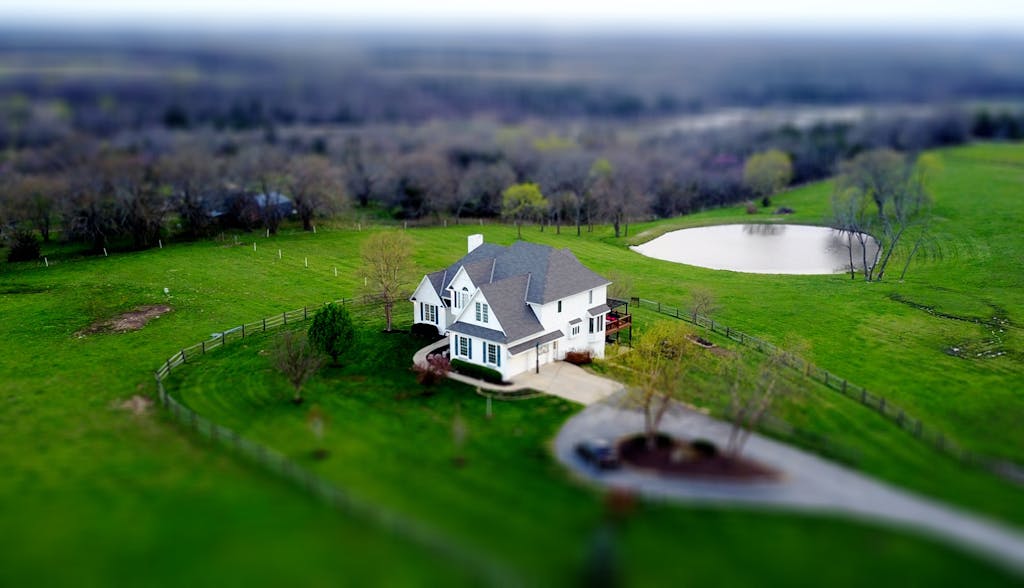
Property Style: How Will the Fence Complement Your Home?
A fence is more than a boundary; it’s a feature that contributes to the overall look and feel of your property. Selecting a fence that complements your home’s architecture and landscaping enhances curb appeal and creates a cohesive design. Whether you have a modern, traditional, or rustic home, your choice of material, color, and style should align with the character of your property. For instance, sleek aluminum fencing pairs beautifully with contemporary homes, while a classic wood picket fence adds charm to colonial or farmhouse-style houses. A well-chosen fence harmonizes with its surroundings, adding aesthetic and functional value.
Modern Homes
Vinyl and aluminum fences with clean lines and neutral colors are excellent choices for modern properties. Black or gray tones emphasize sleekness and sophistication.
Traditional Homes
Wood fences pair beautifully with traditional or colonial-style homes. A classic white picket fence or a tall, stained privacy fence can enhance the charm of these properties.
Unique Landscapes
For sloped or uneven yards, wood and chain link fences are easier to customize. Decorative elements like curved tops or ornamental caps can add character to your fence.
Natural Settings
Homes surrounded by lush greenery or rural landscapes benefit from fences that harmonize with their surroundings. Dark-stained wood or green vinyl-coated chain link blends beautifully with natural backdrops.

Special Considerations
Some additional factors may influence your choice of fencing, especially if your property has specific needs. For example, families with pets or children may require secure, durable fences that prioritize safety. Properties near busy streets might benefit from noise-reducing designs, such as tall wood or vinyl fences. Additionally, those living in neighborhoods governed by Homeowners Associations (HOAs) should review any restrictions on fence height, material, or color before making a decision. Addressing these unique considerations early on will help you choose a fence that satisfies all your requirements without running into challenges later.
Pets and Children
If you’re securing your yard for pets or children, prioritize fences that are sturdy and safe. Chain link fences with buried wire or vinyl fences with smooth edges work well for these purposes.
Noise Reduction
For properties near busy streets, wood or vinyl fences with solid panels can help dampen noise and create a more peaceful outdoor space.
Homeowners Association (HOA) Rules
If you live in an HOA community, check the guidelines before selecting a fence. Some HOAs have restrictions on height, material, or style.
Let First Step Fence Help You Make the Right Choice
Choosing the right fence is a multi-faceted decision that depends on your needs, preferences, and property design. By considering the purpose, budget, maintenance requirements, and style, you’ll ensure your fence is a functional and aesthetic asset.
At First Step Fence, we specialize in guiding homeowners through the decision-making process. Whether you’re looking for privacy, security, or curb appeal, our team can help you select and install the perfect fence. Contact us today for a consultation and take the first step toward enhancing your property.
Request a No-Obligation Fence Quote
Fill out the form below and our team will respond same business-day to provide you a free quote.
Need to Finance Your Project?
The First Step Difference
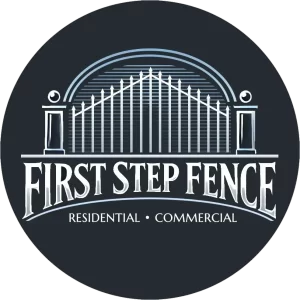
First Step Fence, LLC
Justin Kent | Owner
Justin Kent is the owner of First Step Fence, the premier provider of residential and commercial fencing in Richmond, VA. Justin writes about topics that assist homeowner’s and businesses in maintaining the visual appeal and extending the lifespan of their decks and fences. You can call Justin at (804) 902-2411 or use our contact form to send an email.
